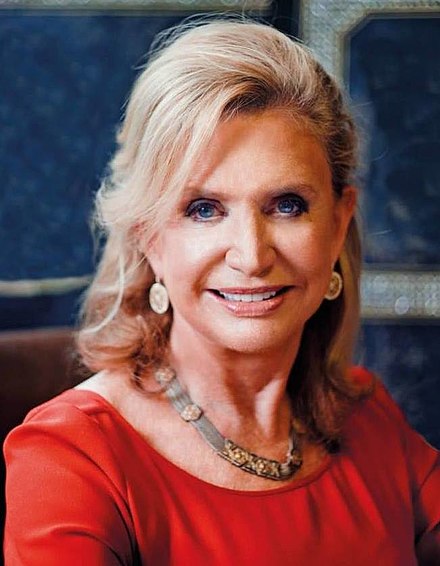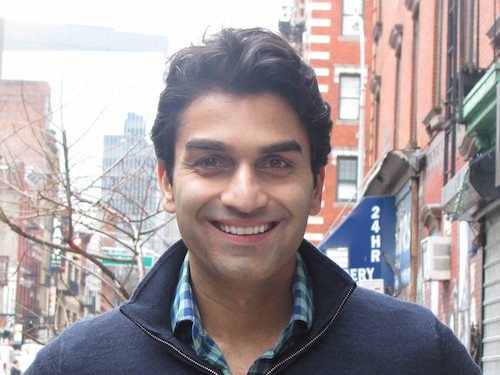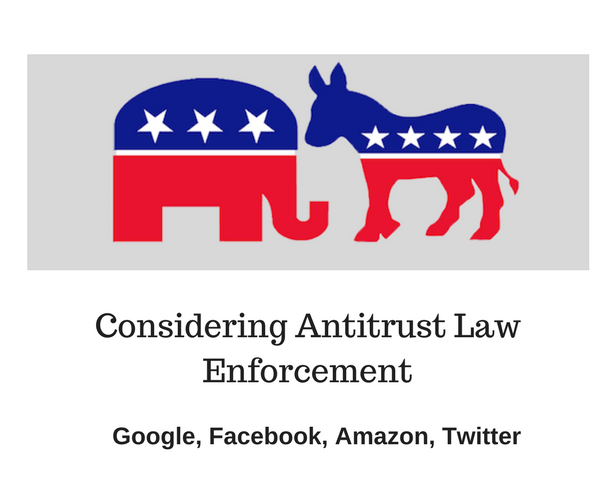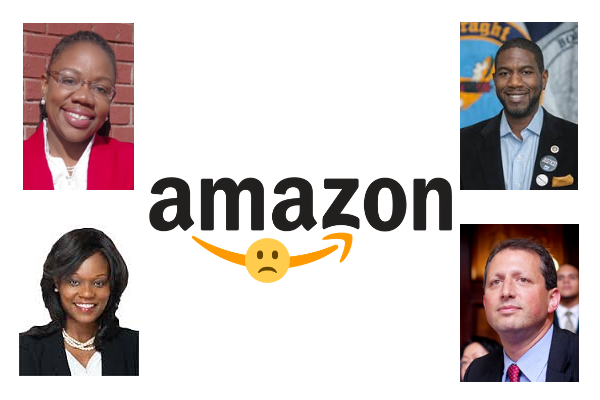Facebook is in a public relations crisis over its handling of personal data. AT&T is in court against the government over its potential $85 billion merger of Time Warner.
Lawmakers on both sides of the aisle—Sen. Elizabeth Warren (D-Massachusetts) and Sen. Ted Cruz (R-Texas)—are cautious of companies such as Google and Amazon. Are these companies just far too big?
QCP asked Democratic candidates in New York’s 12th Congressional District race about their stance toward these firms and what they would do in Congress.

U.S. Rep. Carolyn Maloney (D-Western Queens, Manhattan, Brooklyn), the incumbent in the race, said she was worried about the “concentration of corporate power” in the economy.
“Concentrated power is a threat to economic growth, consumer choice and a robust democracy. It stifles innovation and leads to market abuses and higher prices,” Maloney said.
She cited legislation she introduced in Congress, such as The Credit Card Accountability Responsibility and Disclosure Act of 2009, as examples she undertook to protect residents from malpractice.
“That is why I have consistently supported robust enforcement of federal antitrust laws and consumer protections, including the Consumer Financial Protection Bureau and the Credit Card Bill of Rights, which I authored and is now saving consumers $12 billion a year by outlawing abusive fees and practices.”

Suraj Patel, a former Obama for America campaign staffer and entrepreneur running in the primary, felt government could do more to prevent monopolies in the economy that harm residents in states like New York.
“We’ve seen unprecedented market consolidation occur under the watch of politicians from both parties who are largely funded directly by corporate PAC money from the very companies they regulate. From airlines to drugstores to banks and cable providers, New Yorkers can acutely feel how much this consolidation is hurting consumers and workers across our economy,” said Patel.
Patel elaborated that, with services such as Facebook and Google as examples, consumers do not just use the product, they become the product.
“Like a century ago with Teddy Roosevelt and Louis Brandeis, New York needs to lead on the anti-trust issue, and send more leaders to Washington who will stand up for consumers, break up big trusts, and fight for real competition in our markets, our government, and our politics,” said Patel.

Sander Hicks, the other candidate in the race, also blamed the consolidation of power on officials neglecting to perform their duty and cited previous presidential administrations, such as Theodore Roosevelt, as templates to follow when advocating antitrust laws.
“The larger more sinister issue isn’t only a lack of enforcement, it’s the outright complicity between our elected offices and the nearly omnipresent billion dollar corporate bodies saturating our society,” Hicks said.









